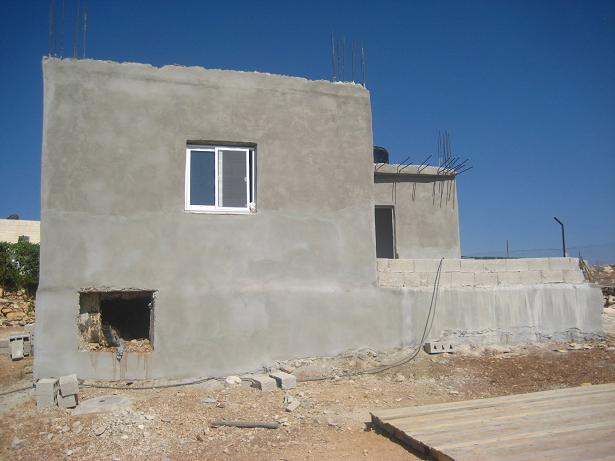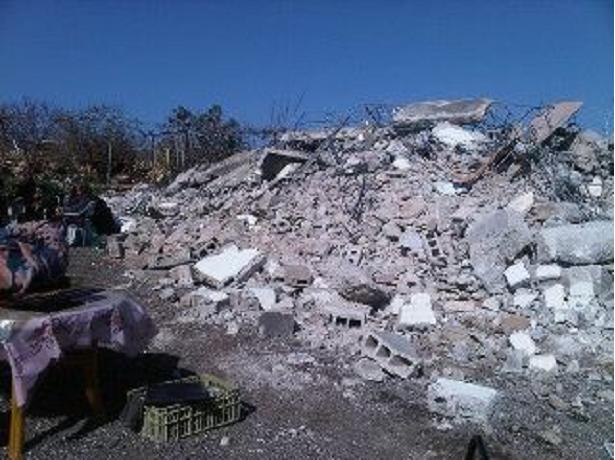US Elections: Not Much to Look Forward to
By Joharah Baker
 |
January 23, 2012
Yesterday, Republican presidential candidate Newt Gingrich swept South Carolina in the GOP primaries. His rising popularity is frightening, not just to us "invented" Palestinians but probably to those open minded, culturally-diverse Americans who want to see their country embrace all the colors and beliefs of the spectrum. It is, of course, too early to tell whether the Republicans will oust President Barack Obama from his seat in the Oval Office after just one term, but we must all consider this as a very likely possibility. While most American presidents get reelected for a second term if they choose to run, this time around is certainly not a shoe-in for Obama. This is no doubt due to a number of domestic and external reasons, but Israel and the US’s relationship is certainly one of them. We all know how vilified Gingrich has become in Palestinian circles, and for good cause. However, this is not the case with the Americans, especially in the Deep South where "core American values" – support of Israel which is one, could sway elections one way or the other. While Gingrich plays up to this effortlessly, President Obama is trying his hardest to raise his own bar in Israel-loving. On January 19, the presidential office uploaded a video entitled, "America and Israel: An Unbreakable Bond." In it, Obama falls over himself praising Israel, the Israelis’ "ancient homeland", its "existential fears" and threats it endures and so on and so on. The video partially comes in response to Republican attacks on Obama for not being supportive enough to Israel. Just one example of this came in the form of now drop-out Rick Perry, who pulled out of the presidential race just days ago. That is the good news. The bad news is that he endorsed Newt Gingrich. In a speech in New York, Perry criticized Obama for "demanding concessions from the Jewish state" saying this only "emboldened the Palestinians" to go to the UN for recognition. "We would not be here today at this very precipice of such a dangerous move if the Obama policy in the Middle East wasn't naive and arrogant, misguided and dangerous," Perry said. "The Obama policy of moral equivalency which gives equal standing to the grievances of Israelis and Palestinians, including the orchestrators of terrorism, is a very dangerous insult." For Palestinians, both sides of the fence are equally tasteless. But while we all may think President Obama has let us down over the past four years (which he has), the alternative may be even worse. With Obama, although he has done quite a lot of damage in terms of his credibility with the Palestinians, we all know that he is more understanding than most presidents or presidential hopefuls when it comes to the Palestinian-Israeli conflict. Should someone like Newt Gingrich rise to power in this election, there is no telling just how bad things can become. For the Palestinians it seems to be a matter of either bad or worse. Some presidents have come closer than others in trying to solve the conflict such as Jimmy Carter and Bill Clinton, even if these efforts fell short of Palestinian aspirations. But none have made the bold moves imperative to bringing about a permanent solution. Unfortunately, President Obama has proven that he neither has the gumption nor the political will to make the changes necessary for a just and lasting peace and that matters will probably either stay where they are or deteriorate even further if he gets elected for a second term. But imagine this: a US President who calls the Palestinians an "invented people", believes Israel is the entire land of historical Palestine and would do anything to defend the Jewish people. Just when Obama looks bad, along comes someone much worse. Joharah Baker is a Writer for the Media and Information Department at the Palestinian Initiative for the Promotion of Global Dialogue and Democracy (MIFTAH). She can be contacted at mid@miftah.org. |





